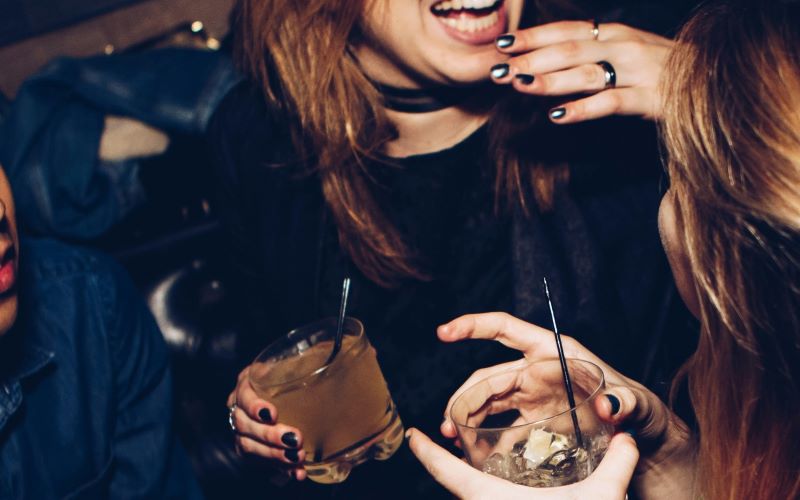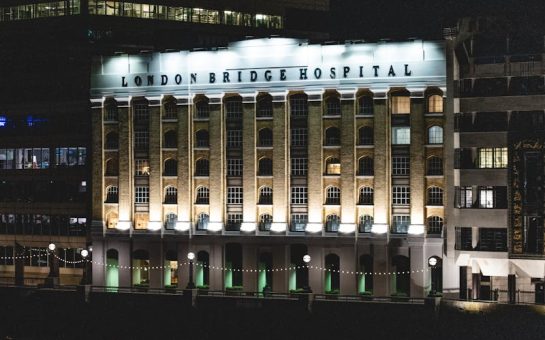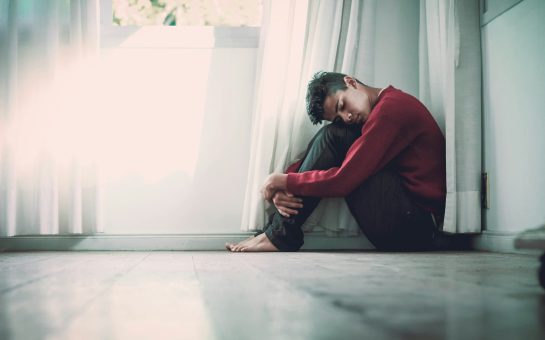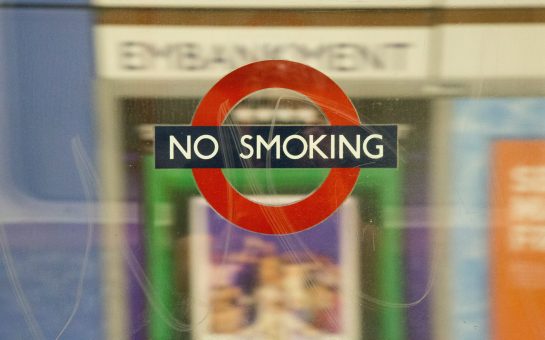More than a third of 18 to 24-year-olds don’t drink alcohol, a new survey by YouGov on Britain’s drinking habits has revealed.
As well as being the most sober age group, with 39% not drinking at all, further data showed that 44% of people aged 18-24 ‘considered themselves either an occasional or regular drinker of alcohol alternatives’, compared to 31% in 2022.
Alcohol alternatives such as alcohol free beers and cocktails have had an impact on the moderation of UK drinkers, as nearly a quarter (23%) of respondents have seen their alcohol consumption decrease as a result.
The most popular reason that responders gave for moving to alcohol free alternatives was to ‘avoid drinking excessively at social events and being able to drive home’.
The regulatory group Portman Group, who commissioned the survey, welcomed the new figures, sharing hope for the role that these products could play in tackling alcohol-related harm.
Chief executive Matt Lambert said: “It is welcome to see a further rise in the popularity of low and no-alcohol alternatives as well as further evidence of how they are an important tool to help UK drinkers, particularly younger adults, to drink responsibly.”
A culture of sobriety has been growing in recent years, as a short search on Eventbrite will alert you to boat parties, club nights, dance events, queer picnics and poetry open mic nights that are all specifically sober events.
For young people especially, as the survey has shown, living a life with little or no alcohol is increasing in popularity.
So why are young people moving away from alcohol?
Sarah Spicer, 24, who stopped drinking alcohol last year, spoke about the relationship between mental health and alcohol, in a time where 16 to 24-year-olds have the highest rates of mental health issues.
Spicer said: “ I think it’s taken a real toll in the last few years which data shows. I think we as a generation feel like it’s not worth making that worse and I think people are wanting to seek more real and tangible experiences.
“Post-Covid as well I think a lot of people want to get up and do things and feel alive and exercise or just be out and about and that sometimes comes with taking a notch down on the booze.
“I think a really great by-product of being sober and having nights out with friends and still wanting to have fun is that you realize then you’re loved as your sober, true self.
“I think that’s what actually a lot of people long for in their drunk state, to be loved. That’s how they escape and feel a sense of belonging because they are more confident and they are feeling more accepted in themselves.
“It made me just soak in the moment.
“I love being drunk at the same time but I think to be accepted in your sober state is brilliant for your confidence and for your mental health so I still consider myself as sober curious. I’m really grateful for the influencers who promote that because choice is really important to have.
“Maybe I will go back to drinking maybe not, but for now my choice at the moment is to stay sober and I really enjoy it.”
While sober events and activities are growing, it seems that the focus on mental health is a big part of the conversation for young people and having a space to discuss sobriety and build connections is especially important.
Community groups like The Sober Girl Society, founded in 2018, host virtual and in-real-life events for women who are sober or interested in sobriety and have proved hugely popular.
With more than 16,000 followers on TikTok and 219,000 on Instagram, there’s a strong demographic of people interested in finding out how to ‘live a fun and fulfilled life without alcohol’.





